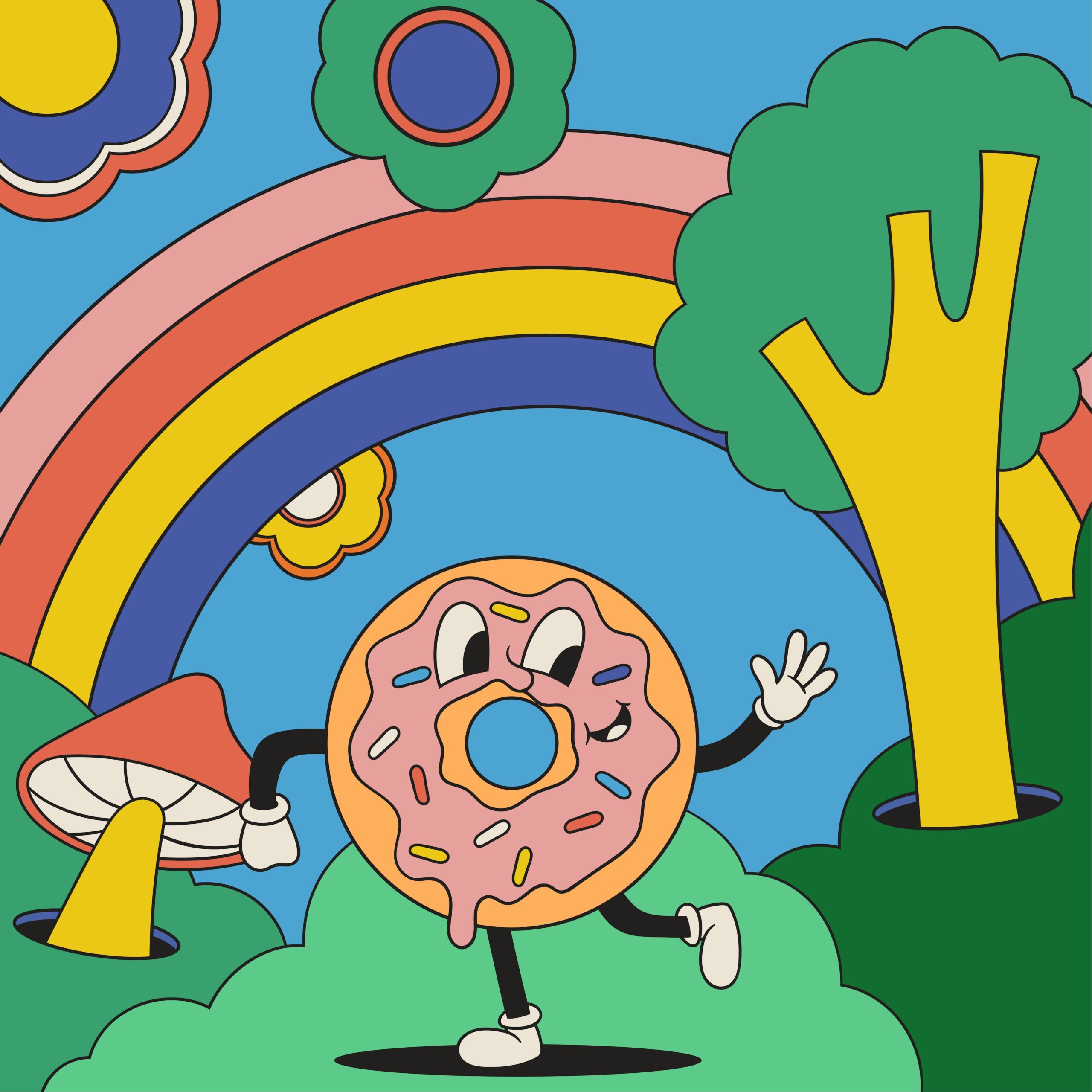Hello to all of you walking down the path of music production! Today, I’ll be explaining how to create a sense of ‘groove’ in drum programming using a Digital Audio Workstation (DAW). Our focus for this article is ‘ghost notes’.
Firstly, what are ghost notes? They are the sounds that occur ‘between notes’ in a drum part. While ghost notes themselves have a quieter sound and don’t form the backbone of the rhythm pattern, they play a crucial role in adding rhythm and drive, giving depth and vitality to the entire song.
The beauty of ghost notes lies in their ability to fill the gaps in the drum part, thereby enhancing the sense of groove. By adding these extra notes in between, you can bring a new bounce to the rhythm and change the overall atmosphere of the song.
A practical way to use this technique is to place a sixteenth note between two eighth notes on the offbeat. This technique allows the song to gain more depth and drive, creating a lively and infectious groove.
When adding these ghost notes, it’s recommended to lower their velocity (volume level). This is because ghost notes are meant to have a quieter sound, serving as the ‘shadow’ of the rhythm pattern. Their presence should be subtle.
However, it’s this subtle presence that contributes to the creation of a fascinating groove that permeates the whole song. One might say that this is the magic of ghost notes.
In conclusion, attention to such details in drum programming is the key to raising the overall quality of your song. I hope that the effective use of ghost notes will help elevate your music to new heights!
That’s it for our tutorial on ‘the effective use of ghost notes’. Stay tuned for more useful information on music production!

Comment